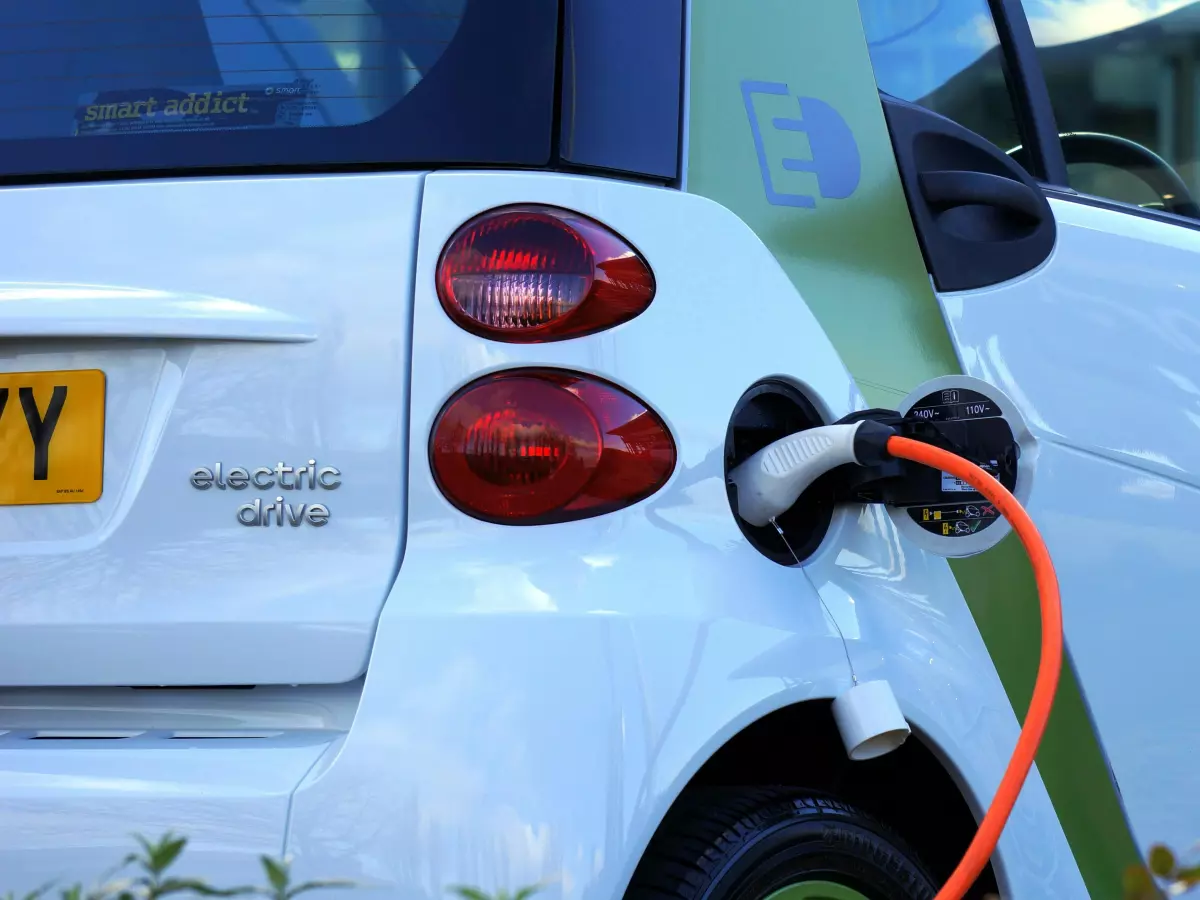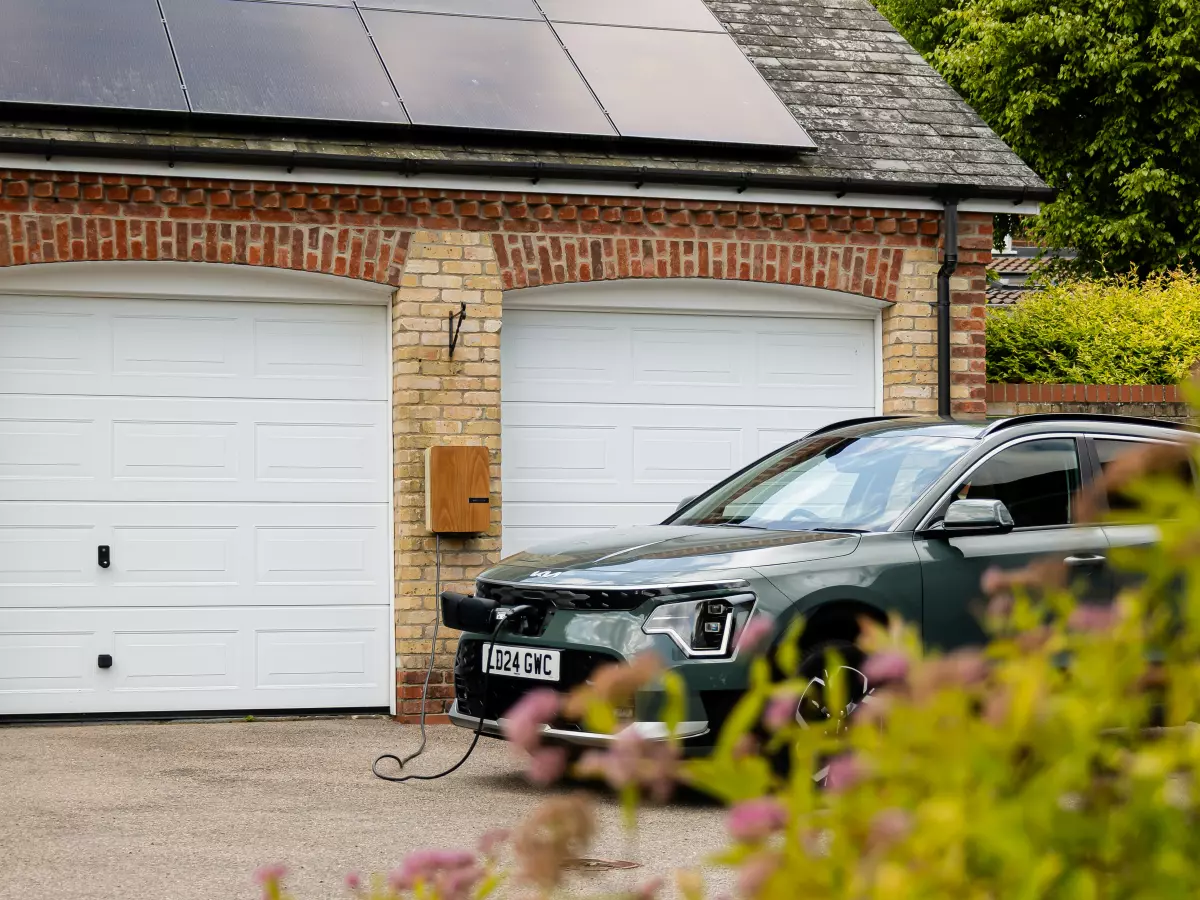Size Doesn't Matter?
"The future of electric vehicles isn't about bigger batteries, it's about smarter ones." — Elon Musk

By Tomás Oliveira
When it comes to electric vehicles (EVs), the conversation often revolves around one thing: battery size. Bigger batteries, longer range, right? Well, not so fast. What if I told you that the future of EVs might not be about cramming in the biggest battery possible? Instead, it could be about optimizing everything around the battery—charging speed, energy efficiency, and software management. The truth is, bigger isn't always better, and in the world of EVs, that old-school thinking might be holding us back.
Sure, a larger battery gives you more range, but it also comes with a bunch of trade-offs. Heavier batteries mean heavier cars, which in turn impact efficiency and handling. Not to mention, larger batteries take longer to charge and are more expensive to produce. So, what’s the solution? Enter the world of smarter battery tech, where size takes a backseat to efficiency, software integration, and charging infrastructure.
Smarter, Not Larger
Let’s break it down. The key to the future of EVs isn't just about how much energy you can store, but how well you can use it. Battery management systems (BMS) are becoming increasingly sophisticated, allowing for more efficient energy use without the need for a massive battery. These systems can optimize how energy is distributed to different parts of the vehicle, ensuring that you get the most out of every charge. Think of it like this: it’s not about how big your wallet is, but how wisely you spend your money.
And then there’s the charging infrastructure. Fast-charging networks are expanding rapidly, which means you don’t necessarily need a huge battery to travel long distances. Instead of waiting hours for a massive battery to charge, you could top off a smaller, more efficient battery in minutes. Combine that with the rise of wireless charging and vehicle-to-grid (V2G) technology, and you’ve got a future where battery size becomes less relevant.
The Role of Software
Another game-changer? Software. Modern EVs are essentially computers on wheels, and their software systems are becoming more advanced by the day. These systems can monitor and adjust energy usage in real-time, making sure that every watt is used as efficiently as possible. Over-the-air updates can even improve battery performance without you ever needing to visit a service center. Imagine your car getting better with age, not worse.
Software also plays a huge role in regenerative braking, a feature that allows EVs to recover energy while slowing down. This means that even with a smaller battery, you can extend your range just by driving smarter. It’s like having a secret weapon in your EV arsenal.
Charging Speed Over Capacity
Let’s talk about charging. One of the biggest concerns for EV owners is how long it takes to charge their vehicle. But here’s the thing: charging speed is improving at a much faster rate than battery capacity. While it might take hours to fully charge a massive battery, smaller batteries can be charged in a fraction of the time. And with ultra-fast charging stations popping up all over the place, the need for a giant battery becomes less critical.
In fact, some experts believe that the future of EVs will focus more on charging speed than on battery size. Imagine pulling into a charging station, grabbing a coffee, and by the time you’ve finished your drink, your car is ready to go. That’s the future we’re heading toward, and it doesn’t require a massive battery to get there.
Environmental Impact
Let’s not forget the environmental impact. Larger batteries require more raw materials like lithium, cobalt, and nickel, which are not only expensive but also come with significant environmental costs. By focusing on smaller, more efficient batteries, we can reduce the demand for these materials and lessen the environmental footprint of EV production.
Plus, smaller batteries are easier to recycle. As the EV market grows, battery recycling is going to become a huge issue. Smaller batteries mean less material to deal with, making the recycling process more efficient and less harmful to the environment.
Conclusion: The Future of EVs
So, where does that leave us? The future of EVs isn’t about who can pack the biggest battery into their car. It’s about who can make the smartest use of the battery they have. With advances in software, charging infrastructure, and battery management systems, the need for massive batteries is diminishing. Instead, we’re moving toward a future where efficiency, speed, and sustainability take center stage.
As Elon Musk once hinted, the future of EVs isn’t about bigger batteries, it’s about smarter ones. And honestly, isn’t that a future we can all get behind?





